The department provides education in technical components of the
Dairy and Fat Technology program, and it also offers a postgraduate
program in
Food Technology leading to a Doctor’s Degree (PhD).
Graduates from engineering studies are awarded the academic title "Ing."
which is roughly equivalent to MSc.
The education involves chemistry, microbiology and technology of milk,
fats and cosmetics. It proceeds from general courses in chemical engineering,
microbiology, and biochemistry.
Specializations
Technology of pasteurized and UHT milk, cream, butter, cheeses, fermented
milk products, ice creams, dried milk, baby foods and whey processing.
- Technology of fats, detergents and cosmetics
Technology of edible oils and fats, processing of raw fat materials for
industrial use in oleochemistry, production of surfactants on the basis
of fats and petrochemicals, technology of soaps, detergents and cosmetics.
In the above specializations students first obtain a broad knowledge
of the field of food chemistry, food processing, microbiology and food analysis.
The specialization in completed by the choice of a thesis subject, which
is carried out and defended in the 10
th, final semester of their
course of studies.
- Management and Food Technology
This is a joint specialization combining courses from
Carbohydrate
Chemistry and Technology, Dairy and Fat Technology, and
Food
Preservation and Meat Technology.
A survey of food technologies, fundamentals of food processing, food packing
and preservation, fundamentals of nutrition. Economics, management, marketing,
accountancy, and personal management.
Capabilities of Graduates
Graduates are qualified to work as technologists or managers, especially
in dairy and fat industries or enterprises concerned with detergent and
cosmetics production, but their qualifications reach far beyond this scope.
Many graduates are employed as production engineers, researchers and process
development workers , or managers of certified laboratories.



